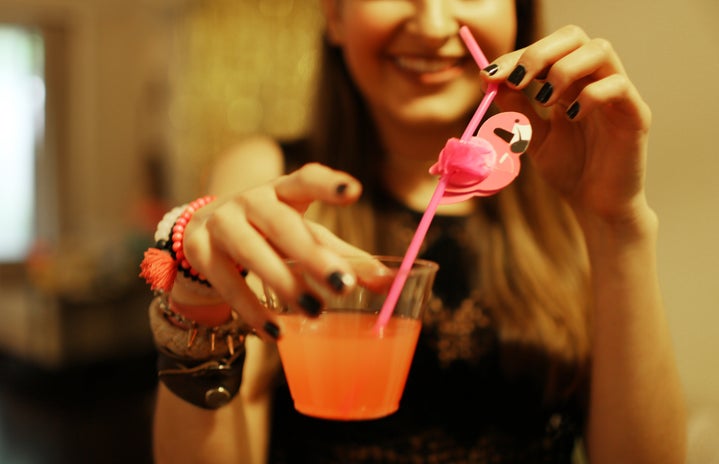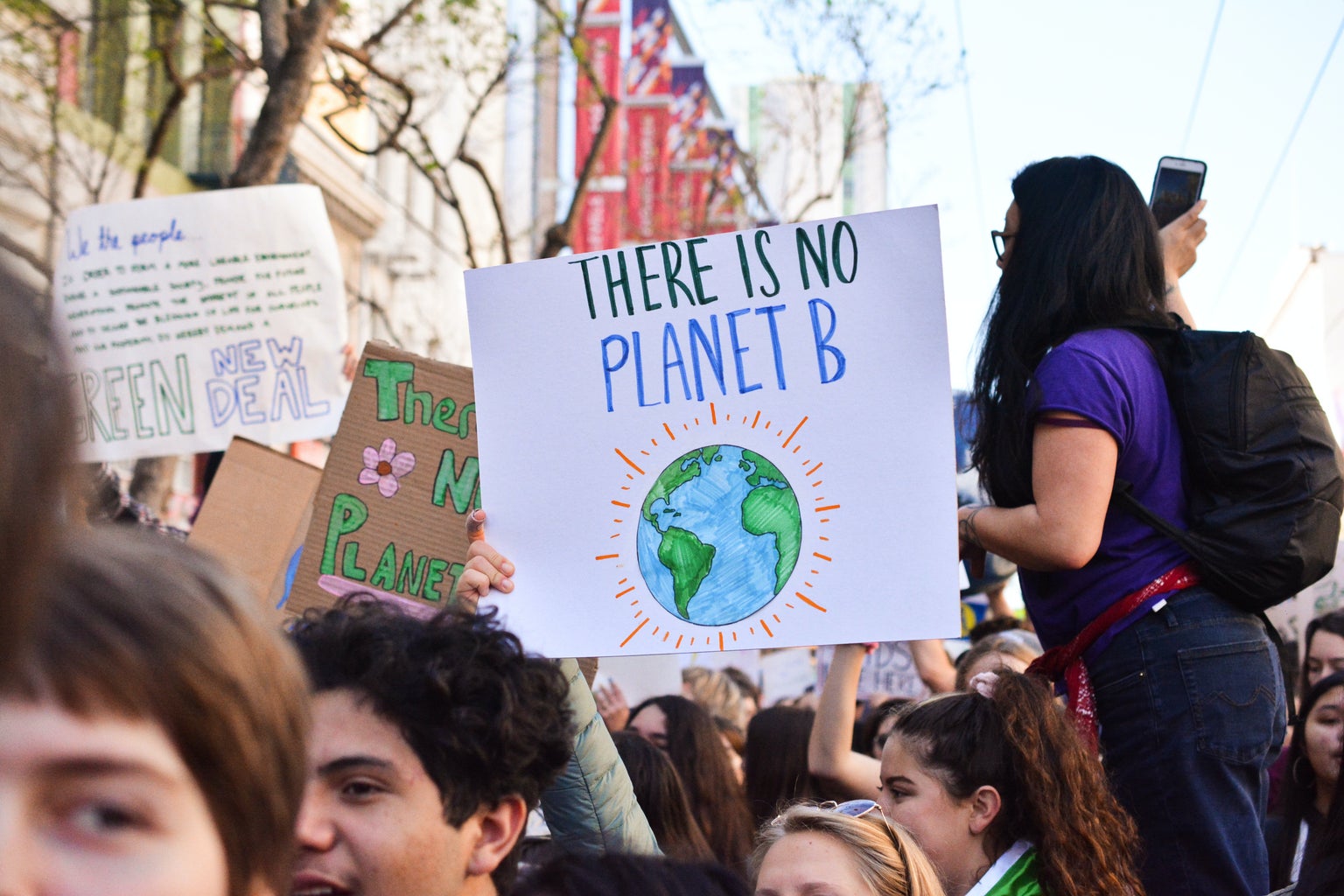In 2015, a video of a straw being removed from a turtle’s nostril shocked the world and made us rethink the use of this plastic object. According to Bloomberg, however, they represent only 0,03% of plastic litter under water.
So, we saw a straw stuck on a turtle’s nostril above the surface, but what is it that we don’t see beneath it? Turtles and other marine animals stuck on fishing nets, with amputated members and suffocating to death because of the fishing industry.
Almost half of the world’s plastic ocean pollution comes from fishing nets. Take as an example the Great Pacific Garbage Patch, a floating island of plastic debris thrice the size of France located between Hawaii and California: 46% of the plastic in it came from fishing nets.
They are a danger both for sustainability and marine life. Firstly, due to the fact that plastic is not biodegradable and gradually disintegrates into smaller particles, exuding harmful chemicals such as bisphenol A (BPA), a pollutant to the environment.
Secondly, the nets can cause choking, infection, and disability, along with affecting the migration, mating, and feeding routine of those animals. In fact, the National Resources Defense Council estimates that 650,000 marine mammals are killed or seriously injured by gear from non-US fisheries annually.
Currently, there are 150 million metric tons of plastic in the ocean, and we add another 8 million tons each year. It has been projected that, if this trend continues, by 2050 the plastic in the ocean will outweigh the fish.
As if the environmental problem was not sufficient, there are still health problems that come with plastic pollution. Due to its disintegration into microplastics, marine animals that are consumed by humans contain plastic in their system. Even though we are not certain of its effects on our health, we already know that some plastics, and the chemicals attached to them, can cause cancer, genetic disruptions and other ill effects.
It’s not like refusing or not using the straw is unimportant – every action counts when it comes to preserving the environment. But maybe rethinking our actions towards the consumption of seafood could be a more effective option to reduce plastic in the ocean.
———————————————————————-
The article above was edited by Laura Enchioglo.
Liked this type of content? Check Her Campus Casper Libero’s home page for more!


